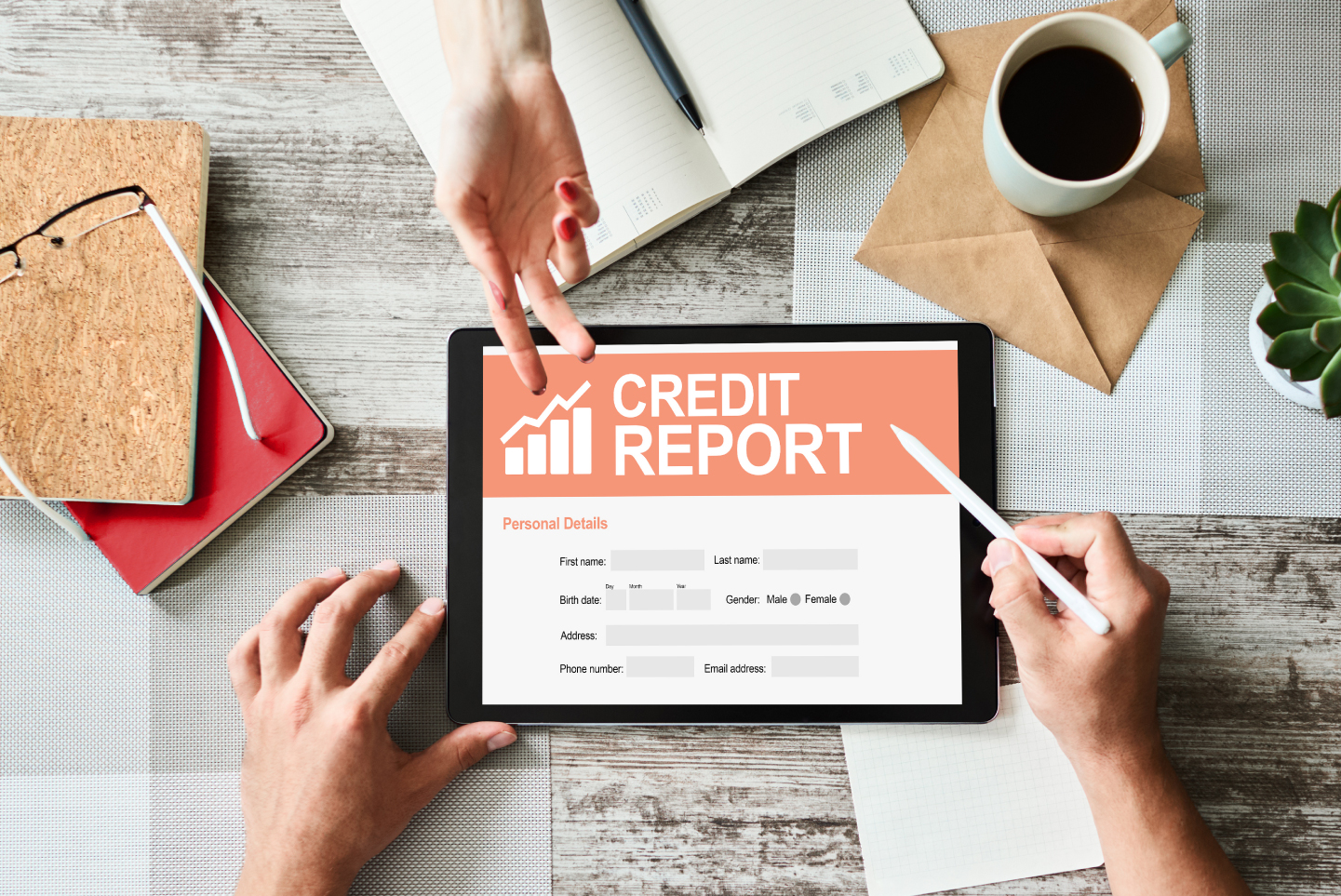
Financial well-being is a fundamental part of life, and one of its pillars is the health of your credit.
Your credit habits, which are reported by credit reporting agencies, impact your credit score and ability to get financing, so understanding how that information is reported can provide useful knowledge to help you take care of your finances.
Let’s take a look at some important areas in which credit is reported and how they may affect you.
A range of credit information
Credit reporting agencies, including the major credit bureaus Experian, Equifax and TransUnion, get credit information to include in credit reports from a variety of sources.
Creditors such as banks, credit card companies and other lenders provide a lot of this data which can contain purchases, borrowing terms, credit limits, balances owed, payments and more.
How payments are reported
Payment history is the most important factor in credit scores, according to Experian, and notifications of on-time, late and missed payments are all passed on by creditors to the credit bureaus. A history of regular, on-time payments will help your credit profile and score, while late and missed payments will have a negative effect.
When you miss a payment, the account enters a period known as delinquency, and a series of missed payments can lead to a default. Most creditors consider an account to be in default when it reaches three to six months past due.
Completely paying off an account that’s in default does not remove the negative information from your credit report, but it will be updated to show it has been paid and there is no longer a balance owed. The credit report will show the entire history of the account and these items, like most negative entries, will stay on a credit report for seven years from the date the debt first became delinquent.
In the case of auto financing, a default can result in other events such as a repossession and charge-off.
Repossession, and redeeming or reinstating a contract
If you are past due on a secured auto financing contract, the lender may decide to repossess the vehicle to recover the money it is owed. Depending on which state you live in, you may be able to get the repossessed vehicle back through a redemption or reinstatement process.
Redeeming your contract involves paying the entire outstanding balance and possibly any charges and fees. Reinstatement, on the other hand, means paying all past due amounts, charges and fees in order to reinstate the contract and continue making payments.
Reinstating the contract and maintaining on-time payments is likely to be viewed more positively by creditors than an outstanding repossession.
Charge-off and collection
What happens if you don’t have the money to satisfy your auto contract? The creditor could sell the vehicle in an attempt to recover what you owe. If the sale price does not cover the outstanding balance, you may be responsible for the difference, known as a deficiency balance.
That debt might then be sold to a third party or transferred to a collection agency that will try to collect the debt itself. This is a type of charge-off where the original creditor has tried and failed to collect all the money owed and so sells or transfers the account.
Charge-offs and accounts moved to collections are also typically included in credit reports and are additional negative items.
As with a default, the details of a repossession, charge-off and moving an account to collections remain on credit reports for seven years from the date the debt first became delinquent.
Checking your credit reports
Whatever your credit situation, the Consumer Financial Protection Bureau recommends requesting a copy of your credit reports from Experian, Equifax and TransUnion to check for inaccuracies that may affect your chances of getting financing and disputing any errors you find. You can request one free copy from each of the three bureaus every 12 months by visiting AnnualCreditReport.com.There are also credit monitoring services available that will monitor your credit regularly, which you can read about in our credit monitoring article.
Ways to get help
If you’re having difficulty making payments on a financing contract, it’s a good idea to contact the lender before the account becomes delinquent so you can discuss what options may be available to you. Many creditors are willing to set up a payment plan that works for both parties to help you move forward.
For information about billing and payment with Santander Consumer USA, visit our Help and Support pages including FAQ topics and customer contacts. To learn more about improving your financial health, browse the resources across our Learning Center.


